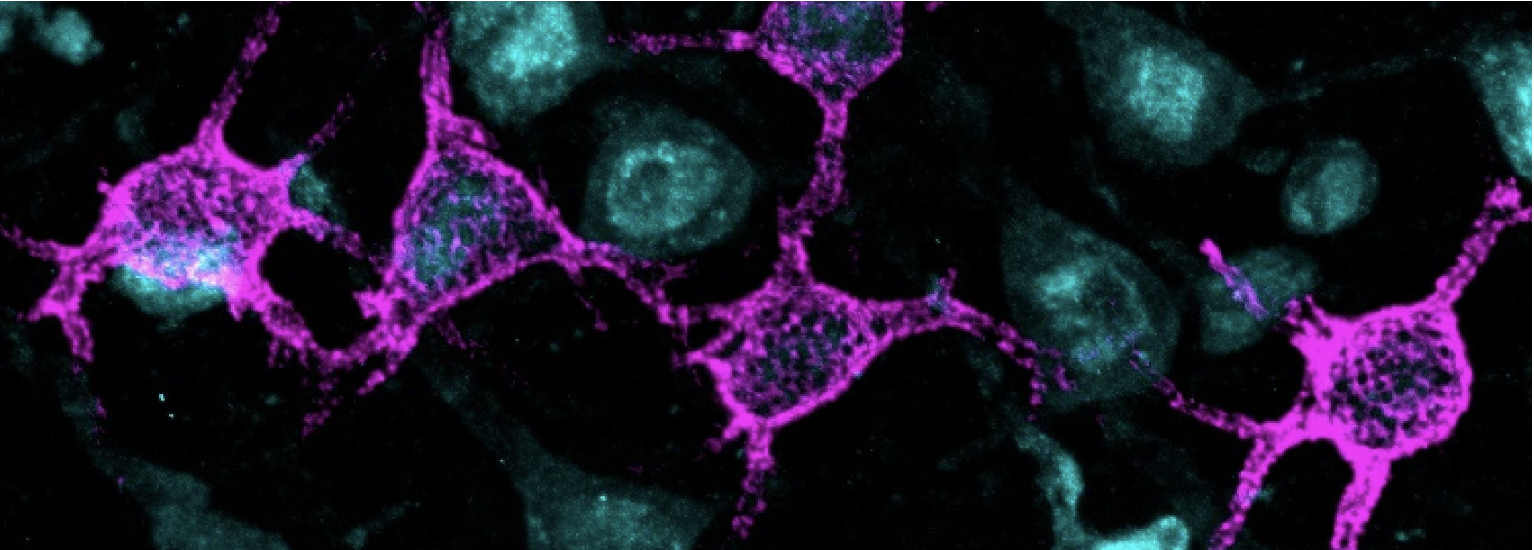Modifying perineuronal nets to improve neuroplasticity published in Molecular Psychiatry

Perineuronal nets (PNNs) are assemblies of extracellular matrix (ECM) molecules on the surface of neurones. PNNs have been implicated in the regulation of neuroplasticity – the ability of the brain to learn and adapt to the external environment. Previous studies have shown that the molecular composition of PNNs, particular the sulphation pattern on chondroitin sulphate (CS), is crucial to PNN function. Enzymatic removal of PNNs has also been shown to reactivate plasticity and enhance memory retention.
A study published in Molecular Psychiatry, led by Dr Jessica Kwok at the University of Leeds and Prof James Fawcett at the University of Cambridge, investigates the potential of sulphation manipulation on memory enhancement. The research team first observed that the level of chondroitin 6-sulphates (C6S) is reduced in aged brains. This reduction is accompanied by a poor performance in memory tests of the aged animal. They then go on to show that a viral vector strategy, similar to the technology currently used for Covid vaccination, is able to restore the C6S level in aged brains to a level comparable to juvenile brains. Animals treated with this viral therapy showed a restoration of memory as demonstrated in different memory tests.
The work identifies the manipulation of CS sulphation in PNNs as a promising target for the development of new therapies to enhance memory in ageing.
